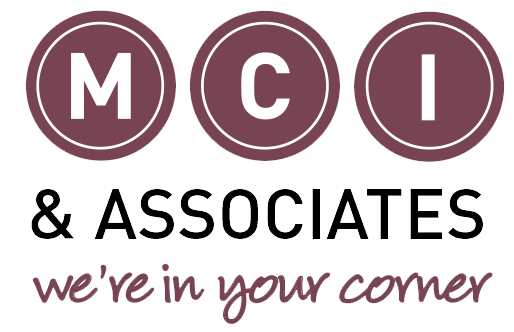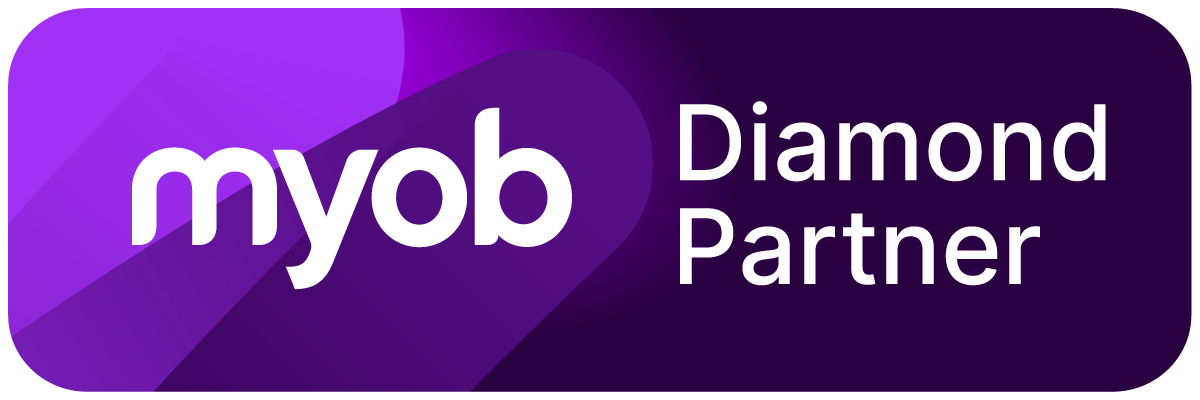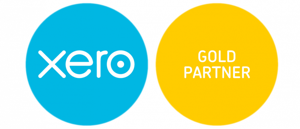Let’s Talk … More Money in the Pocket
July 2024 Personal Income Tax Changes
July was a month of many significant changes to our New Zealand tax landscape, stemming from the 2024 government budget and related, announcements. These include changes to personal income tax and support for families with young children. Along with new initiatives, these aim to alleviate the financial burden on taxpayers, particularly benefiting low and middle-income earners and families.
New Personal Income Tax Thresholds
The personal income tax brackets have changed, meaning that both employees and self-employed earning under $180,000 before tax per year, will pay less tax overall.
Starting 31 July, the new brackets are:Starting 31 July, the new brackets are:
- $0 - $15,600, taxed at 10.5%
- $15,601 - $53,500, taxed at 17.5%
- $53,501 - $78,100, taxed at 30%
- $78,101 - $180,000, taxed at 33%
- The top bracket remains unchanged for incomes over $180,000, taxed at 39%.
The Independent Earner Tax Credit has also had an extended threshold applied. Eligibility is now based on total income being between $24,000 and $70,000 earned from certain sources. This adds a rebate of up to $520 per year on tax payable for eligible income earners.
For the 2025 income year, due to the mid-year implementation of these changes, taxpayers will encounter composite tax rates and thresholds. This means that for a portion of the year, different rates will apply to the same income brackets, adding a layer of complexity to tax calculations.
Changes to tax brackets have flow on effects for certain income earners. Secondary tax codes may change with the thresholds, so be sure to check your total income against these and file an IR330 (tax code declaration) with your employer if your tax code has changed.
Families with Young Children
The FamilyBoost initiative is a new payment designed to partially reimburse parents or caregivers for early childhood education fees.
FamilyBoost eligibility criteria:FamilyBoost eligibility criteria:
- Household earning under $180,000;
- Have, or be, caregivers of children aged 5 and under, who are enrolled in licensed early childhood education;
- Be a New Zealand tax resident.
If you are an eligible household, you can claim up to 25% of weekly ECE costs. This payment is capped at a maximum of $975 every three months. Start saving your childcare provider(s) invoices from 1 July, so that when 1 October rolls around, you will be able to register for the FamilyBoost payment through myIR, claiming your first quarterly (July to September) reimbursement.
There has also been an increase in the weekly paid parental leave payments. For eligible employees or self-employed people, this has increased from $712.17 to $754.87 per week, before tax. If you choose to contribute to KiwiSaver whilst on paid parental leave, the government will now contribute a 3% employer contribution to your scheme. If you are an employee and continue to receive salary or wages while on parental leave, KiwiSaver deductions and contributions will continue to be paid into your scheme as usual.
If you have questions regarding the new tax changes, feel free to contact us.




